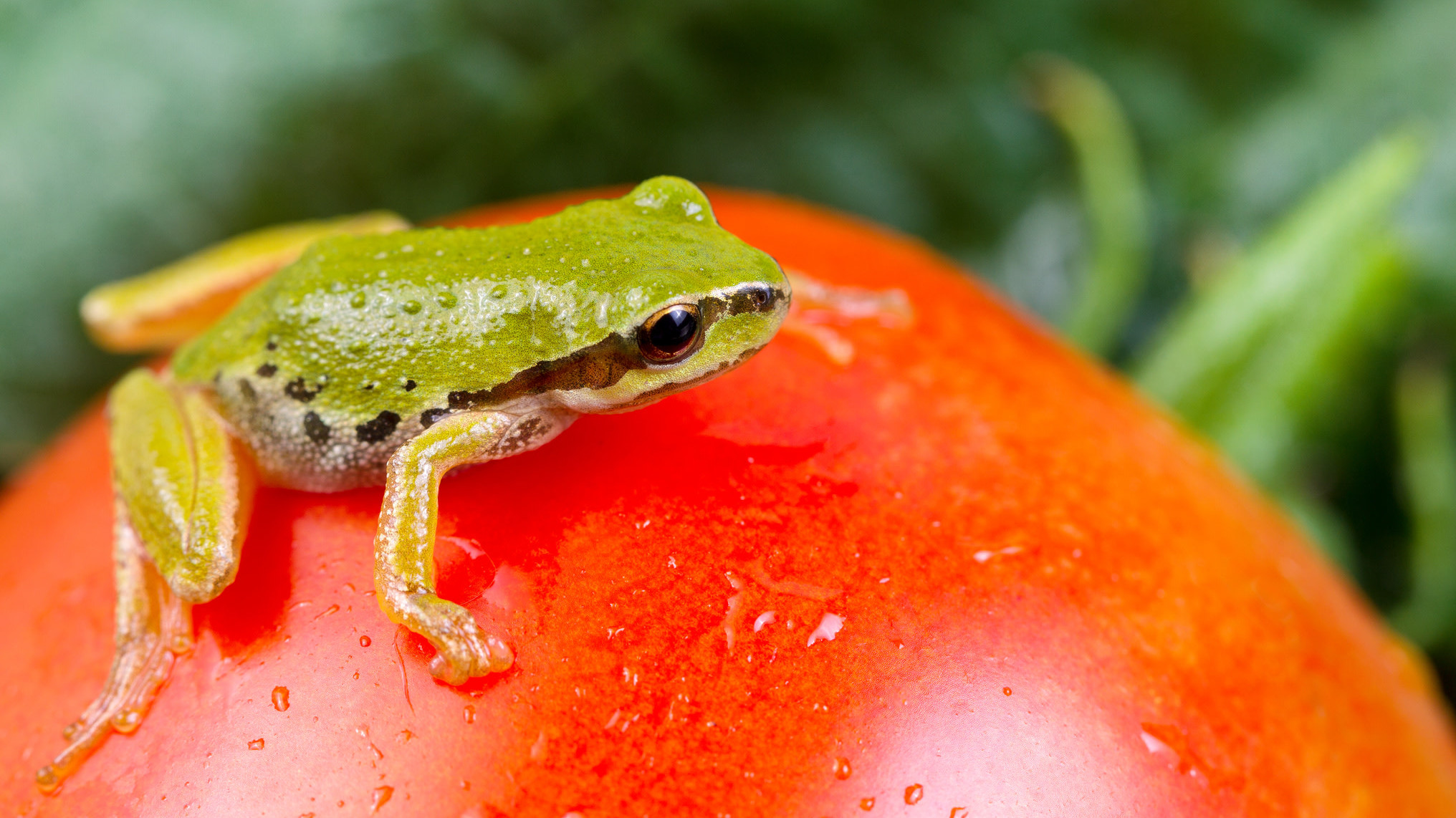How Many Animals Have Been Found In Salads Since 2003?
Every so often, an unsuspecting customer finds something creepy and/or crawly in their salad greens. Headlines ensue, and we all eat our bagged spinach a bit more warily. It's even happened to the Queen Of England. But just how common is it to find an animal interloper in your salad? Fear not, researchers are on it.
Before I reveal the numbers, let's play a little estimation game: Since 2003, how many cases of animal-in-salad have been documented in the news media?
The answer is: 40. Whether that seems low or high to you is a function of how many of these headlines you read, probably. The figure comes via University Of Illinois researchers, who examined every American news report regarding animals in prepackaged produce since 2003, then published their findings in the journal Science Of The Total Environment. They found that out of the 40 incidents, nine involved live animals.
Oh, time for another pop quiz! Which of the following animals did researchers note have been found in salads since 2003?
- Frog
- Lizard
- Snake
- Mouse
- Bat
- Bird
Time's up! The answer is: All of the above! I'll wait until you stop retching to award you your prize.

The takeaway from the report, which also includes this incredible graphic at right, is that more research is needed to determine whether these animals in prepackaged produce represent "a food-safety crisis or a complaint against food quality." (Why not both, I say.) The study's authors mention that further research is needed to determine how these animals make their way into the produce, and what can be done to prevent it. They also say that the 40-animal figure is likely underestimating the problem, as there are likely consumers who don't report finding animals or don't receive media attention for the incident.
Wait, one more fun fact before we wrap up: While news reports sometimes make jokes to the effect of "Well, if you buy organic salad, this is what you get," 72.5% of the animal incidents involved conventional produce.
